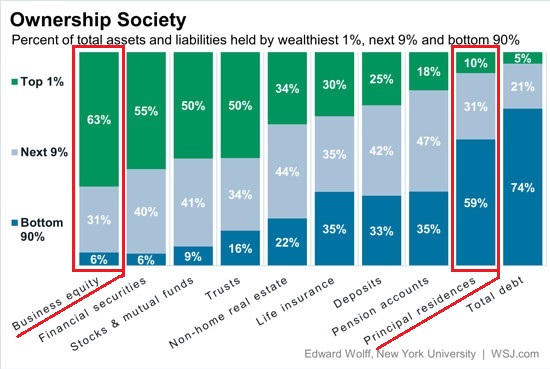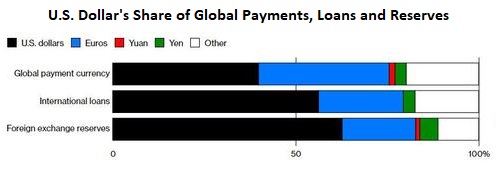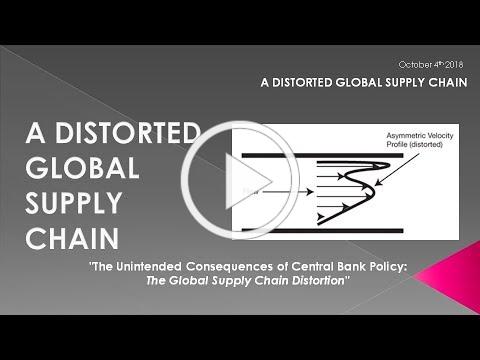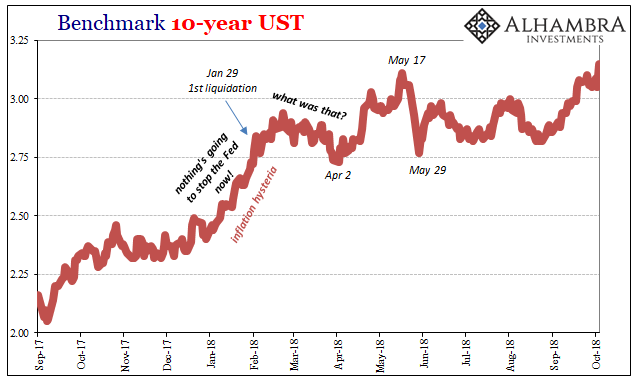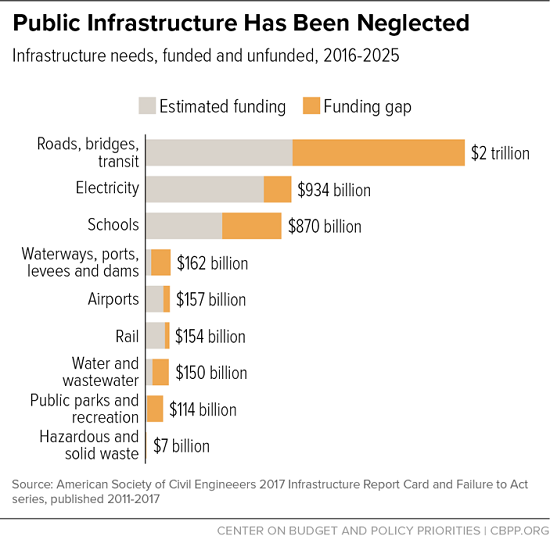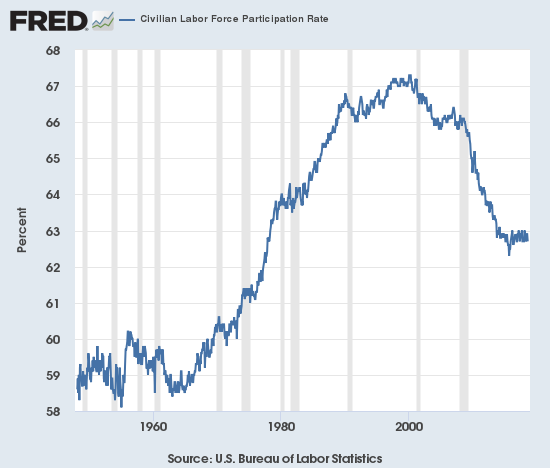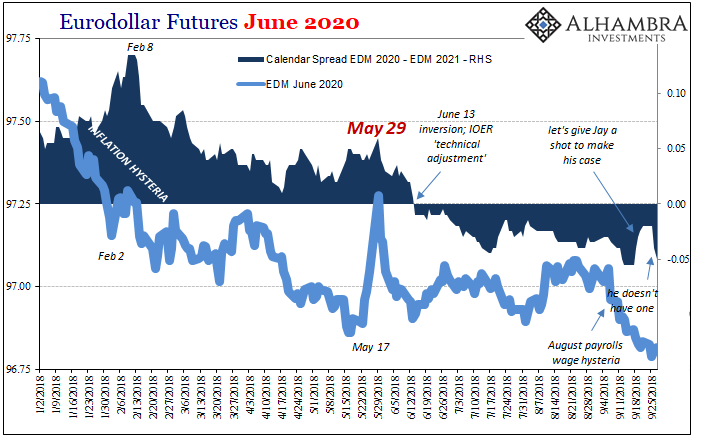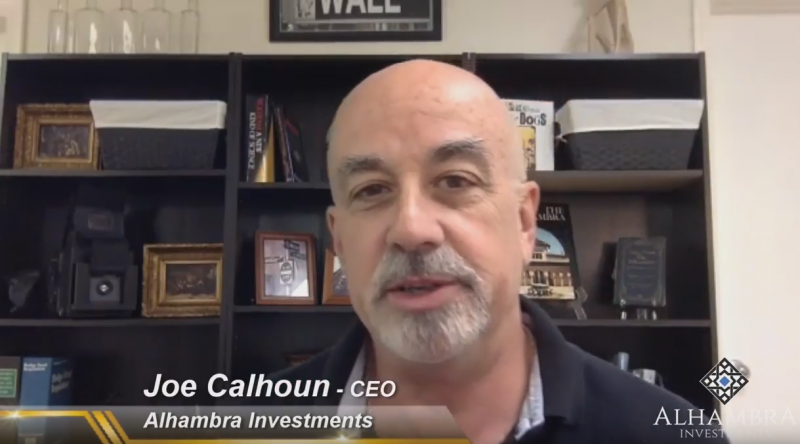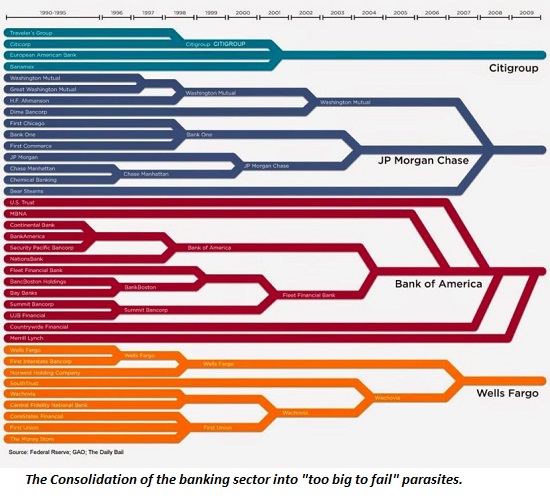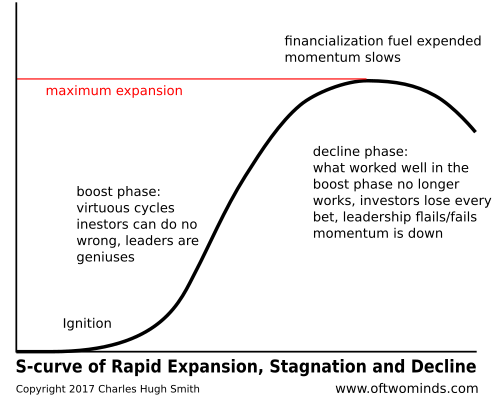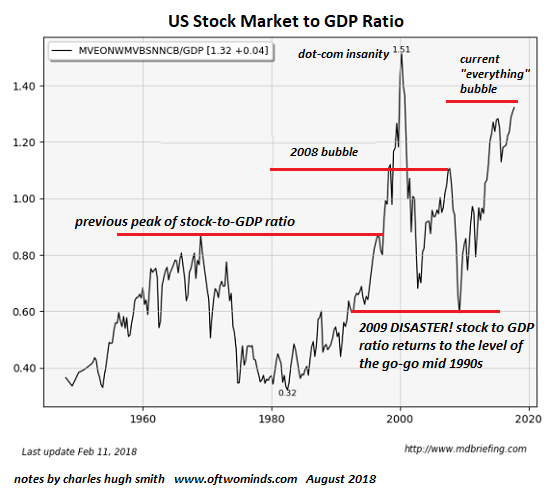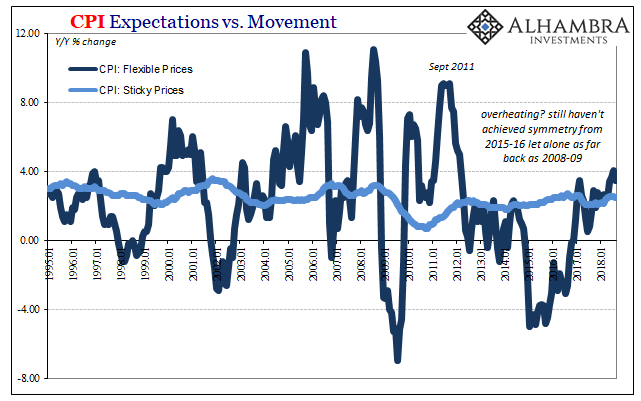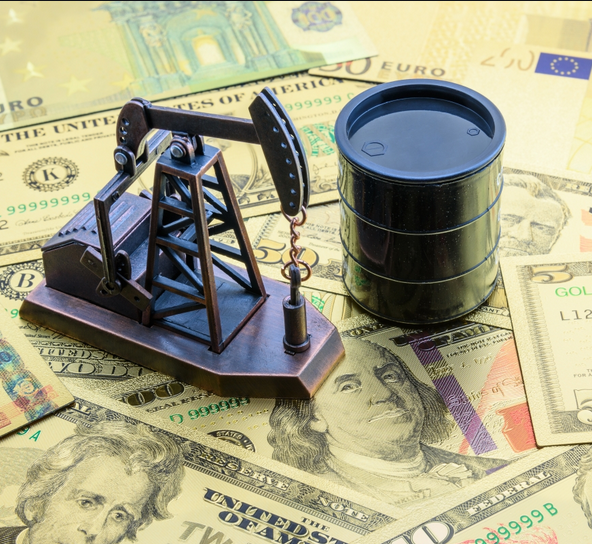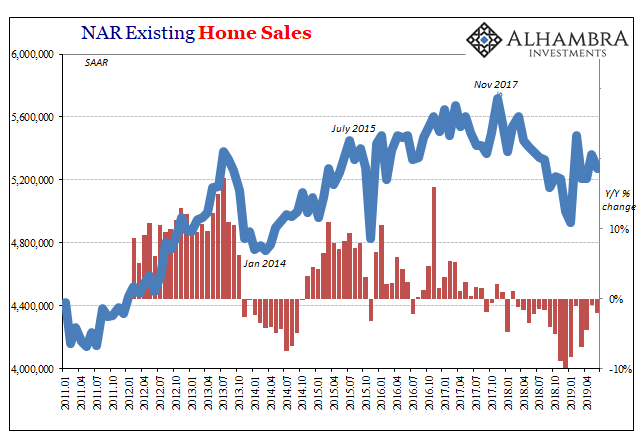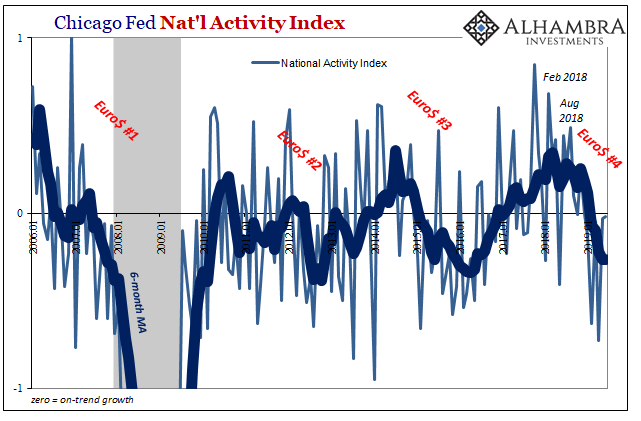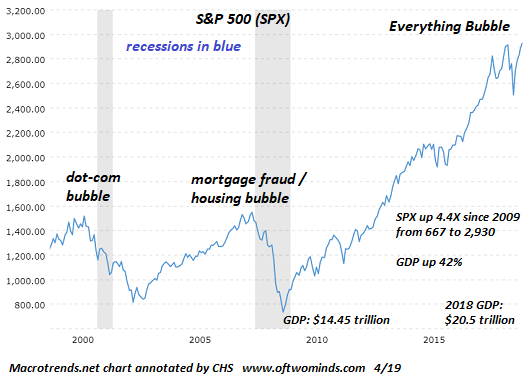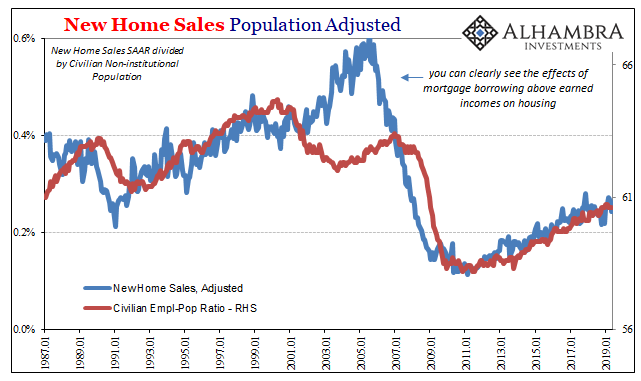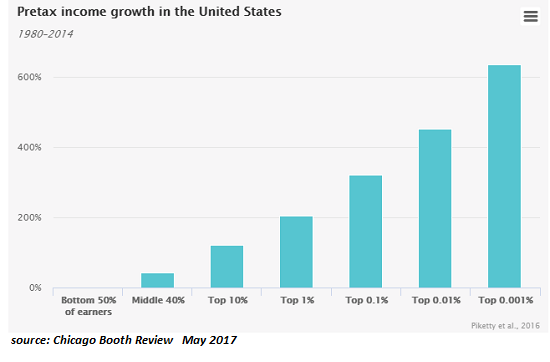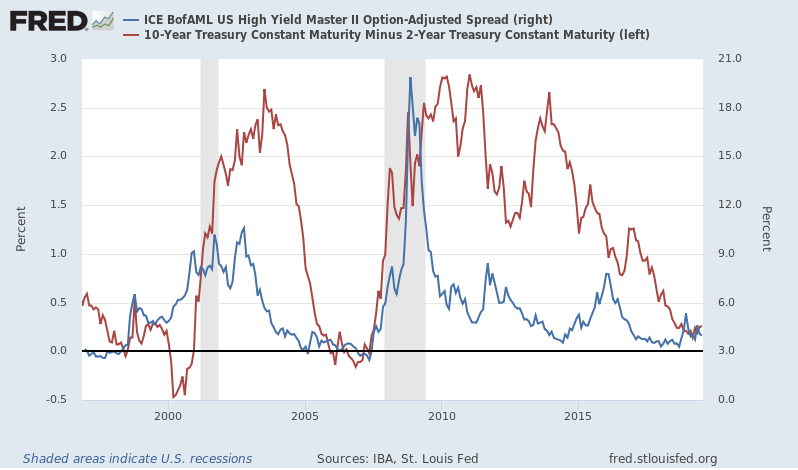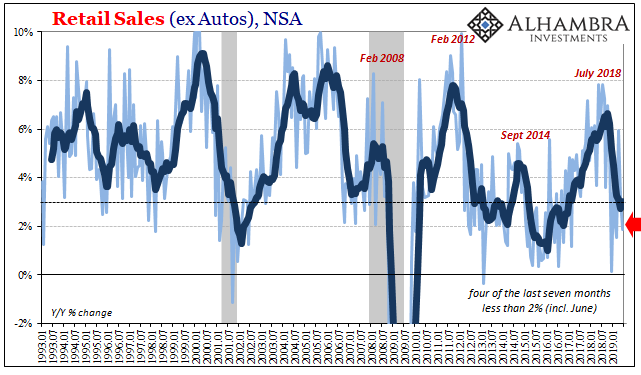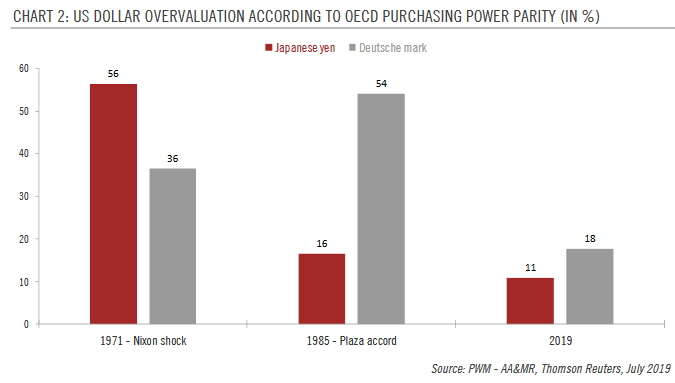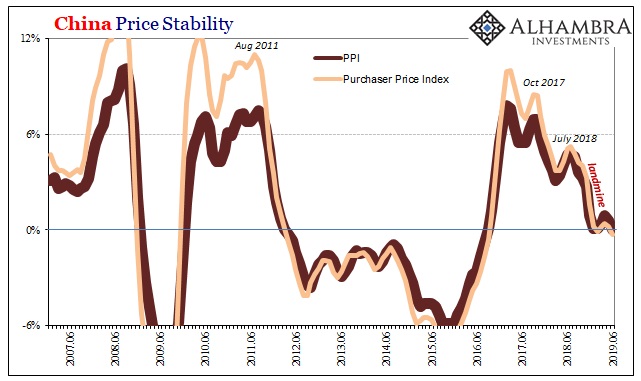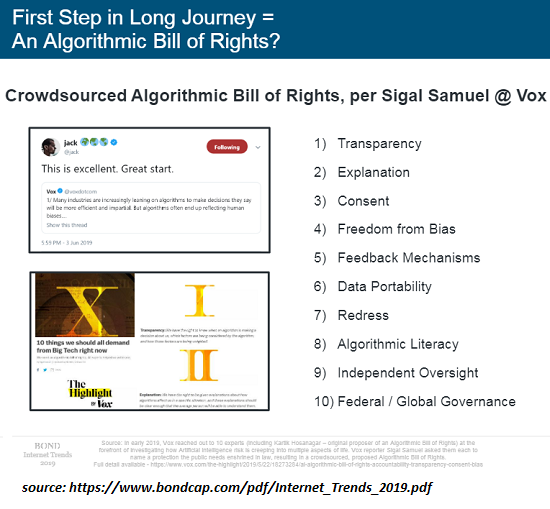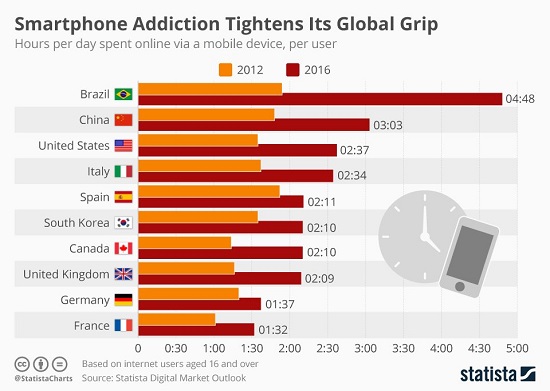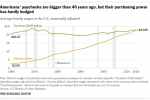Category Archive: 5.) The United States
Now Back To Our Regularly Scheduled Economy
The clock really was ticking on this so-called economic boom. A product in many economic accounts of Keynesian-type fantasy, the destructive effects of last year’s hurricanes in sharp contrast to this year’s (which haven’t yet registered a direct hit on a major metropolitan area or areas, as was the case with Harvey and Irma) meant both a temporary rebound birthed by rebuilding as well as an expiration date for those efforts.
Read More »
Read More »
Here’s Why the Next Recession Will Spiral Into a Depression
Here's the difference between a recession and a depression: you can't get blood from a stone, or make an insolvent entity solvent with more debt. There are two basic differences between a recession and a depression: 1. Duration: a recession typically lasts between 6 and 18 months, while a depression drags on for years or even decades, often masked by official propaganda as "slow growth" or "stagnation."
Read More »
Read More »
How Many Households Qualify as Middle Class?
By the standards of previous generations, the middle class has been stripmined of income, assets and purchasing power. What does it take to be middle class nowadays? Defining the middle class is a parlor game, with most of the punditry referring to income brackets as the defining factor.
Read More »
Read More »
The Distortions of Doom Part 2: The Fatal Flaws of Reserve Currencies
The way forward is to replace the entire system of reserve currencies with a transparent free-for-all of all kinds of currencies. Over the years, I've endeavored to illuminate the arcane dynamics of global currencies by discussing Triffin's Paradox, which explains the conflicting dual roles of national currencies that also act as global reserve currencies, i.e. currencies that other nations use for global payments, loans and foreign exchange...
Read More »
Read More »
The Global Distortions of Doom Part 1: Hyper-Indebted Zombie Corporations
The defaults and currency crises in the periphery will then move into the core. It's funny how unintended consequences so rarely turn out to be good. The intended consequences of central banks' unprecedented tsunami of stimulus (quantitative easing, super-low interest rates and easy credit / abundant liquidity) over the past decade were: 1.
Read More »
Read More »
A Few Questions From Today’s BOND ROUT!!!!
On April 2, the benchmark 10-year US Treasury yield traded below 2.75%. It had been as high as 2.94% in later February at the tail end of last year’s inflation hysteria. But after the shock of global liquidations in late January and early February, liquidity concerns would override again at least for a short while. After April 2, the BOND ROUT!!!! was re-energized and away went interest rates.
Read More »
Read More »
Pensions Now Depend on Bubbles Never Popping (But All Bubbles Pop)
We're living in a fantasy, folks. Bubbles pop, period. The nice thing about the "wealth" generated by bubbles is it's so easy: no need to earn wealth the hard way, by scrimping and saving capital and investing it wisely. Just sit back and let central bank stimulus push assets higher.
Read More »
Read More »
Fixing Infrastructure Isn’t as Simple as Spending Another Trillion Dollars
It isn't easy to add new subway lines or new highways, and so "solutions" don't really exist. If there's one thing Americans can still agree on, it's that America needs to spend more on infrastructure which is visibly falling apart in many places. This capital investment creates jobs and satisfies everyone's ideological requirements: investment in public infrastructure helps enterprises, local governments and residents.
Read More »
Read More »
The Labor Shortage Is Real
Few conventional-media commentators are willing or able to discuss these factors in the labor shortage / declining participation trends. Is there a labor shortage in the U.S.? Employers are shouting "yes." Economists keep looking for wage increases as evidence of a labor shortage, and since wage increases are still relatively modest, the argument that there are severe labor shortages in parts of the U.S. is unpersuasive to many conventional...
Read More »
Read More »
Make Your Case, Jay
June 13 sticks out for both eurodollar futures as well as IOER. On the surface, there should be no bearing on the former from the latter. They are technically unrelated; IOER being a current rate applied as an intended money alternative. Eurodollar futures are, as the term implies, about where all those money rates might fall in the future. Still, the eurodollar curve inverted conspicuously starting June 13. That was the day of the prior “rate...
Read More »
Read More »
Droit du Seigneur and the Neofeudal Privileges of Class in America
Want to understand the full scope of neofeudalism in America? Follow the money and the power and privilege it buys. The repugnant reality of class privilege in America is captured by the phrase date rape: the violence of forced, non-consensual sex is abhorrent rape when committed by commoner criminals, but implicitly excusable date rape when committed by a member of America's privileged elite.
Read More »
Read More »
Monthly Macro Monitor – September 2018
Alhambra Investments CEO Joe Calhoun shares his opinions of the economy and market based on the most recent economic reports.
Read More »
Read More »
The Four Disastrous Presidential Policies That Are Destroying the Nation
It's admittedly a tough task to select the four most disastrous presidential policies of the past 60 years, given the great multitude to choose from. Here are my top choices and the reasons why I selected these from a wealth of policy disasters.
Read More »
Read More »
When Does This Travesty of a Mockery of a Sham Finally End?
Credit bubbles are not engines of sustainable employment, they are only engines of malinvestment and wealth destruction on a grand scale. We all know the Status Quo's response to the global financial meltdown of 2008 has been a travesty of a mockery of a sham--smoke and mirrors, flimsy facades of "recovery," simulacrum "reforms," serial bubble-blowing and politically expedient can-kicking, all based on borrowing and printing trillions of dollars,...
Read More »
Read More »
Monthly Macro Monitor – September
This has already been one of the longest economic expansions on record for the US and there is little in the data or markets to indicate that is about to come to an end. Current levels of the yield curve are comparable to late 2005 in the last cycle. It was almost two years later before we even had an inkling of a problem and even in the summer of 2008 – nearly three years later – there was still a robust debate about whether the US could avoid...
Read More »
Read More »
We’re All Speculators Now
When the herd thunders off the cliff, most participants are trapped in the stampede.. One of the most perverse consequences of the central banks "saving the world" (i.e. saving banks and the super-wealthy) is the destruction of low-risk investments: we're all speculators now, whether we know it or acknowledge it.
Read More »
Read More »
Massive Deficit Spending Greenlights Waste, Fraud, Profiteering and Dysfunction
The nice thing about free to me money from any source is the recipients don't have to change anything. Free money is the ultimate free-pass from consequence and adaptation: instead of having to make difficult trade-offs or suffer the consequences of profligacy, the recipients of free money are saved: they can continue on their merry way, ignoring the monumental dysfunction of their lifestyle.
Read More »
Read More »
Downslope CPI
Cushing, OK, delivered what it could for the CPI. The contribution to the inflation rate from oil prices was again substantial in August 2018. The energy component of the index gained 10.3% year-over-year, compared to 11.9% in July. It was the fourth straight month of double digit gains.
Read More »
Read More »
ECB (Data) Independence
Mario Draghi doesn’t have a whole lot going for him, but he is at least consistent – at times (yes, inconsistent consistency). Bloomberg helpfully reported yesterday how the ECB’s staff committee that produces the econometric projections has recommended the central bank’s Governing Council change the official outlook. Since last year, risks have been “balanced” in their collective opinion.
Read More »
Read More »
Europe Starting To Reckon Eurodollar Curve
We’ve been here before. Economists and central bankers become giddy about the prospects for success, meaning actual recovery. For that to happen, reflation must first attain enough momentum. If it does, as is always forecast, reflation becomes recovery. The world then moves off this darkening path toward the unknown crazy.
Read More »
Read More »











